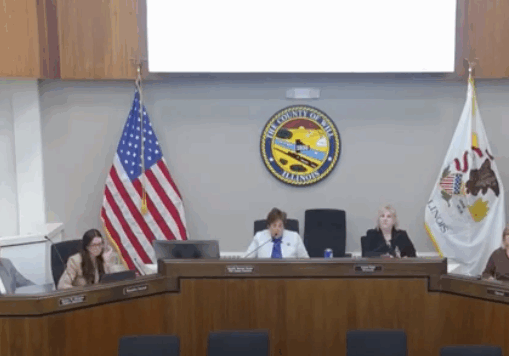
Will County Board Approves Controversial Drug Recovery Retreat in Crete Township
Article Summary: The Will County Board has approved a special use permit for The Second Story Foundation to operate a long-term residential recovery program for men on a 68-acre horse farm in Crete Township. The 17-2 vote came after extensive debate and testimony from residents and township officials who raised concerns about safety, property values, and the project’s compatibility with the rural area.
Second Story Recovery Ranch Key Points:
-
Project: The Second Story Ranch will be a long-term residential program for up to 15 men recovering from substance abuse, homelessness, and addiction.
-
Location: The program will operate at a 68-acre equine training facility at 2400 Bemes Road in Crete Township.
-
Vote: The Will County Board approved the special use permit with a 17-2 vote, with members Daniel J. Butler and Sherry Newquist dissenting and Jim Richmond absent.
-
Opposition: Crete Township, the Ridgefield Improvement Association, and Green Garden Township officially opposed the project, citing safety concerns and incompatibility with the agricultural zoning.
CRETE TOWNSHIP — The Will County Board voted 17-2 on Thursday to approve a special use permit for The Second Story Foundation, allowing the nonprofit to establish a long-term residential recovery program for men on a 68-acre horse farm in unincorporated Crete Township.
The project, known as the Second Story Ranch, will operate at 2400 Bemes Road, formerly the Double Dakota Ranch. It is designed as a therapeutic rural retreat for up to 15 men overcoming addiction and homelessness, where they will live for six to 18 months while working on the farm and engaging in structured recovery programming.
The decision followed lengthy discussion at the board meeting and previous committee hearings where local officials and residents voiced strong opposition. Both Crete Township and the neighboring Ridgefield Improvement Association submitted letters formally objecting to the plan, citing concerns about community safety, a potential decrease in property values, and a belief that a “group home” is incompatible with the area’s agricultural and residential character.
Nathaniel Washburn, an attorney representing the foundation, addressed the board, emphasizing the program’s rigorous screening process for participants. He explained that candidates are referred, undergo extensive interviews, and are subject to thorough background checks that exclude anyone with a history of violent or sexual crimes.
“He only wants people that are fully invested in their recovery, not people that are half in and half out that may quickly relapse,” Washburn said of James O’Connor, the foundation’s executive director. Washburn noted O’Connor was in Washington, D.C., meeting with the Department of Health and Human Services to secure federal funding for the ranch’s capital improvements.
The project was framed not as a clinical treatment facility but as a post-treatment living arrangement on a functioning horse farm. “The best way to package this was it’s already zoned A1 on a large property. It is similar and compatible to a rural retreat,” Washburn argued.
Several board members voiced support, highlighting the county’s need for more recovery options. Board member Judy Ogalla of Monee, whose district previously included the area, called it a “unique situation that we are lucky to have come to us here in Will County.”
“It offers them a retreat for a period of time to get themselves back on their own two feet before coming back to society, which is very difficult to do,” Ogalla said. She pushed back against concerns linking the facility to problems with other agritourism venues, stating those issues stem from unpermitted events, not organized programs like the one proposed.
Member Herbert Brooks Jr. of Joliet compared the local concerns to those raised about similar facilities in his district, none of which materialized. “You would never know that Dr. Sharma operate three facilities in my district,” he said. “People have not called me… about any of those concerns.”
However, members Daniel J. Butler and Sherry Newquist voted against the measure, siding with local opponents. Butler noted the strong opposition from the township. Newquist, while calling the program “excellent,” expressed concern that labeling it as similar to agritourism “opens the door wide open for people to essentially game the system.”
The approval comes with seven conditions, including compliance with the Will County Health Department and the Crete Township Fire Protection District. The site is limited to six total dwelling structures, and any changes to existing buildings will require new permits.
Latest News Stories

Companies hit with hundreds of Lake County EtO lawsuits cry foul

Debate over AI heats up as GOP scraps moratorium in annual Defense bill

Evers vetoes 9 bills, including block on illlegal BadgerCare enrollment

Bull Moose Project criticizes Sen. Lummis over stalled crypto legislation
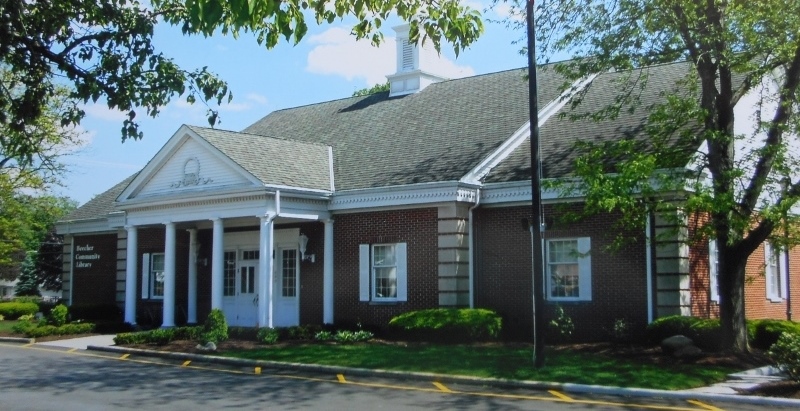
Beecher Library Board Approves $392,000 Tax Levy, Appoints Two New Trustees

IL Sec of State criticizes TSA fee option, extends REAL ID facility lease

Illinois quick hits: US Steel reopening Granite City furnace; unemployment down slightly

WATCH: Gun ban with SCOTUS; ICE enforcement pushback; End of life options bill with gov
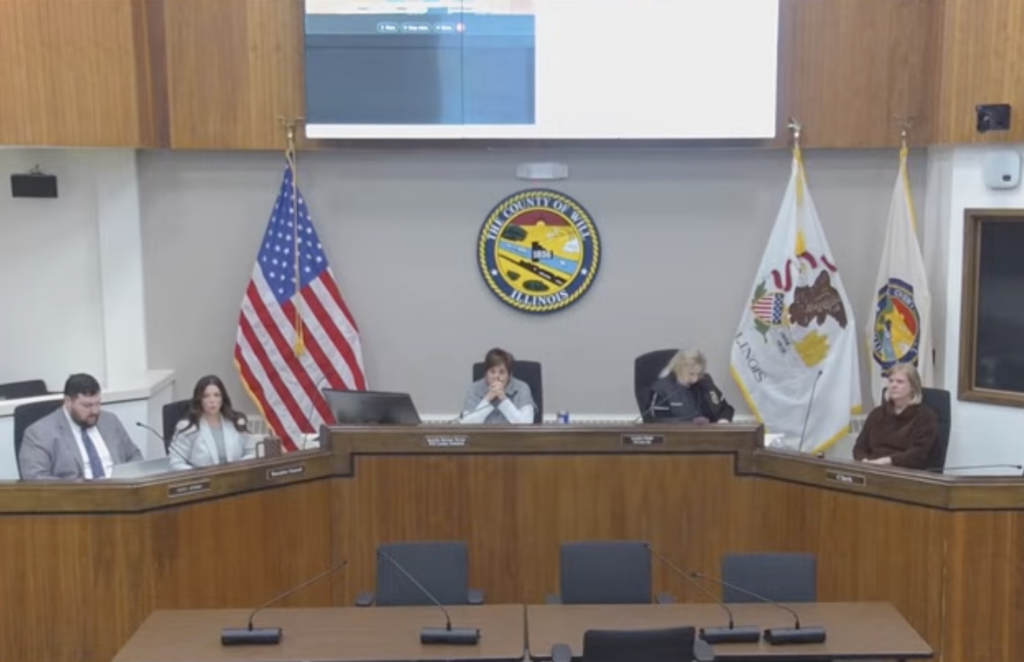
Tensions Flare as Board Members Clash Over Budget Process and Protocol
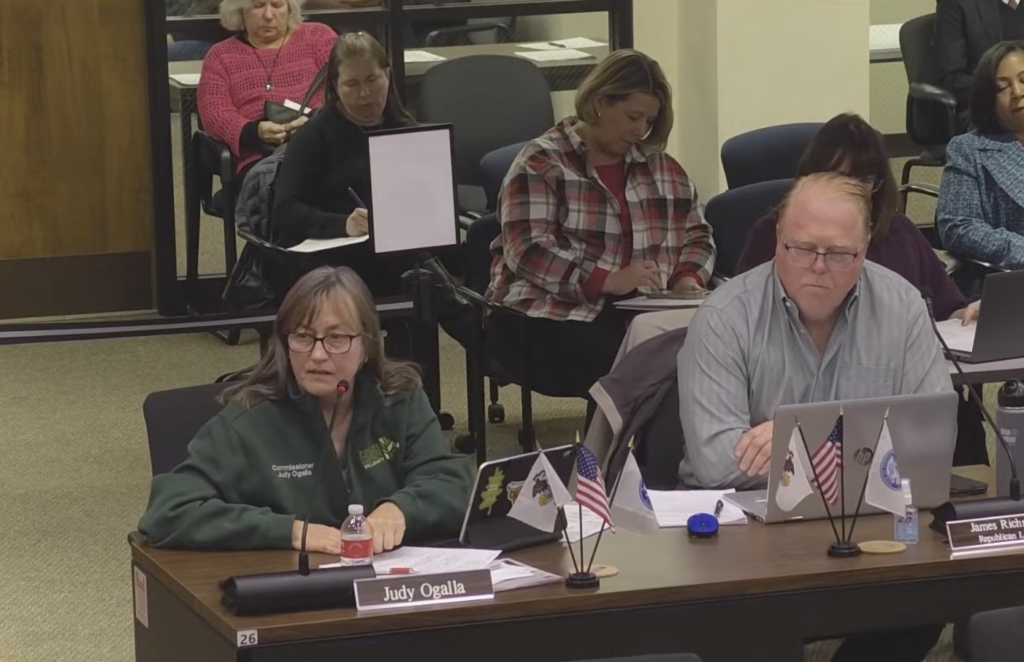
Will County Board Approves $2.7 Million Reserve Draw to Finalize 0% Tax Levy
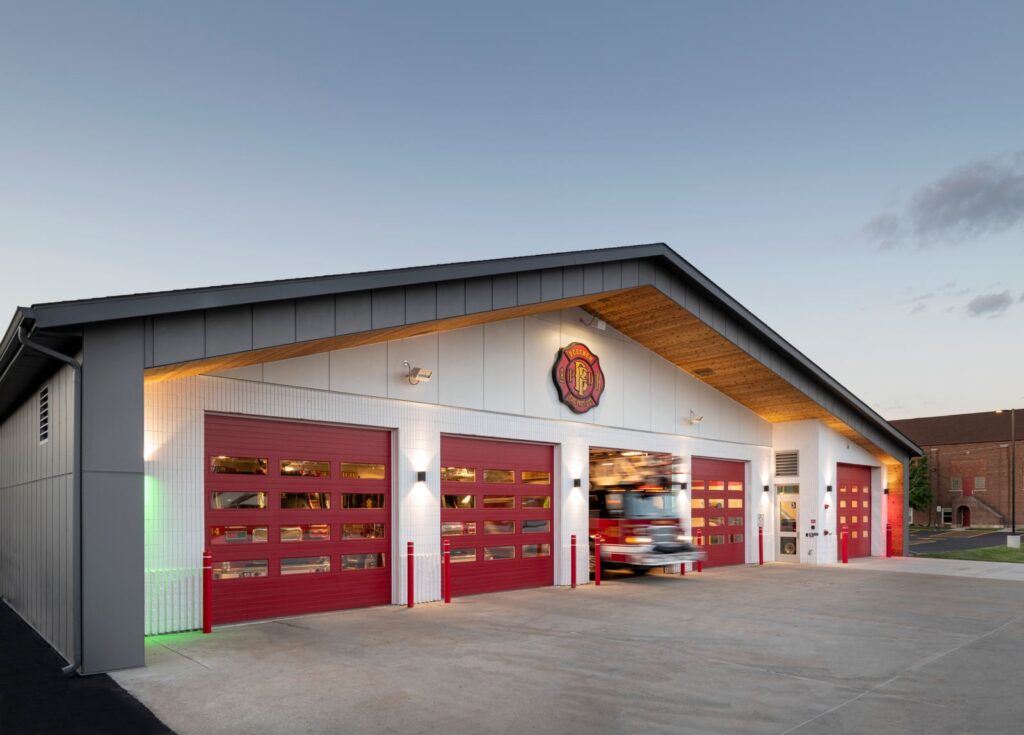
Beecher Fire District Reports Full Staffing, Discusses Tax Levy Cap
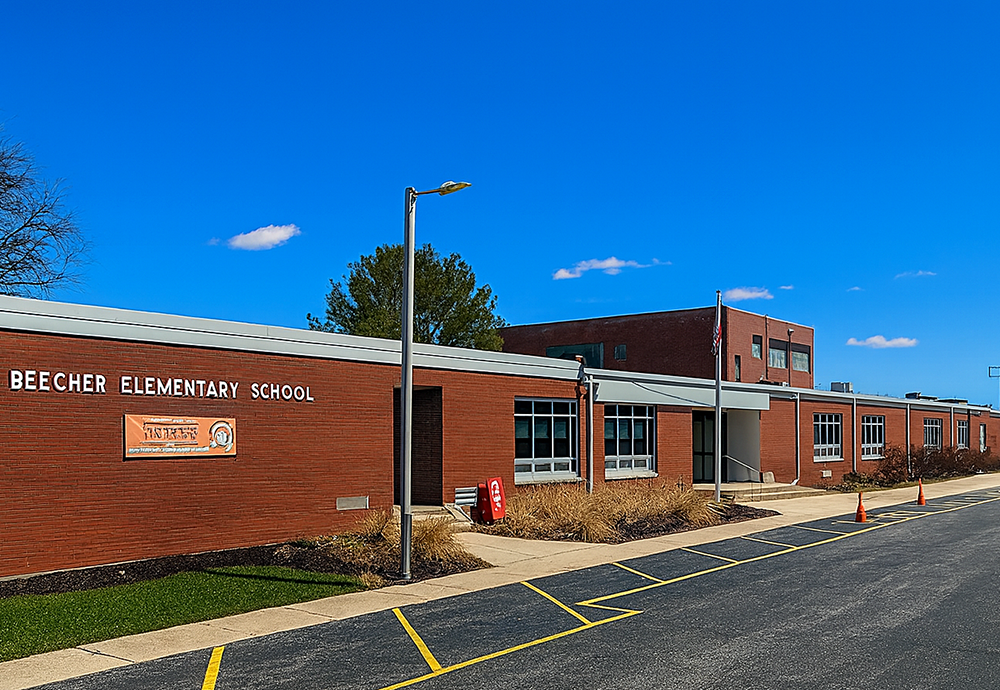
School Facilities Committee Reviews Elementary School Window and Roof Repairs
